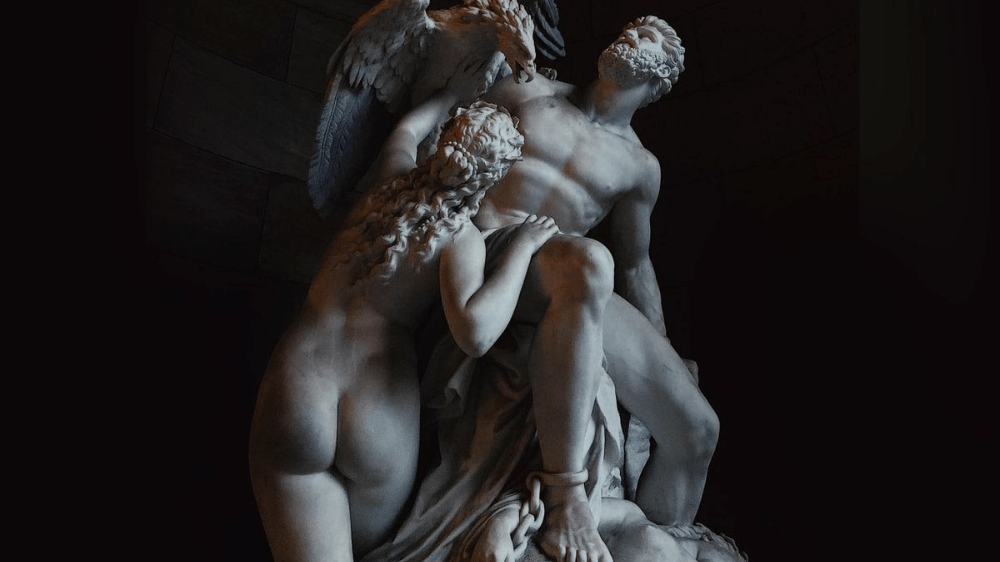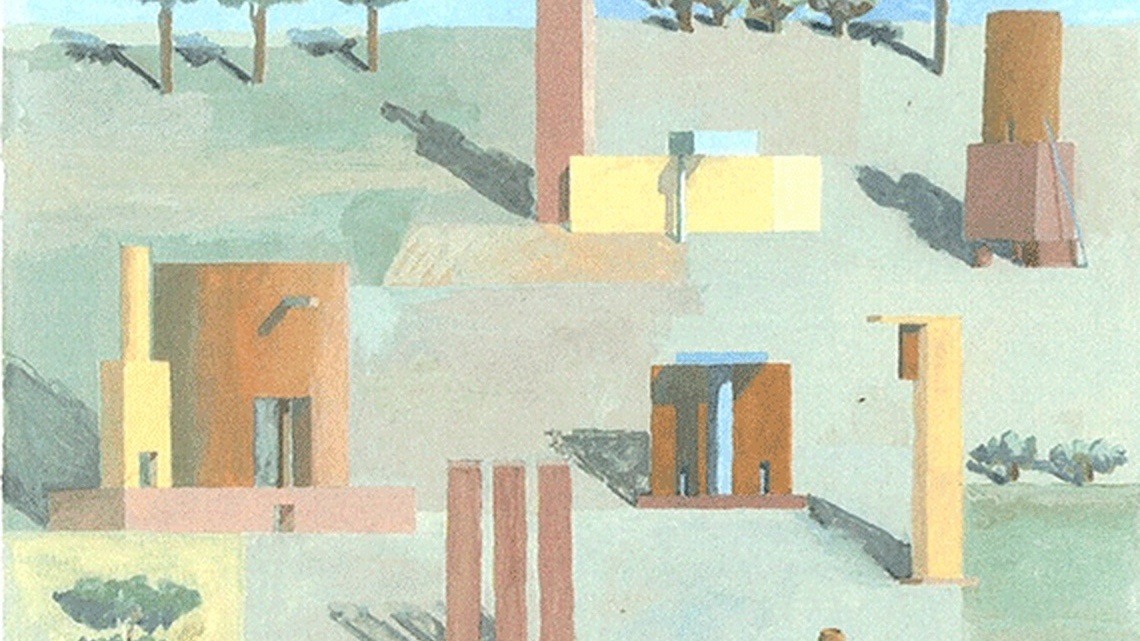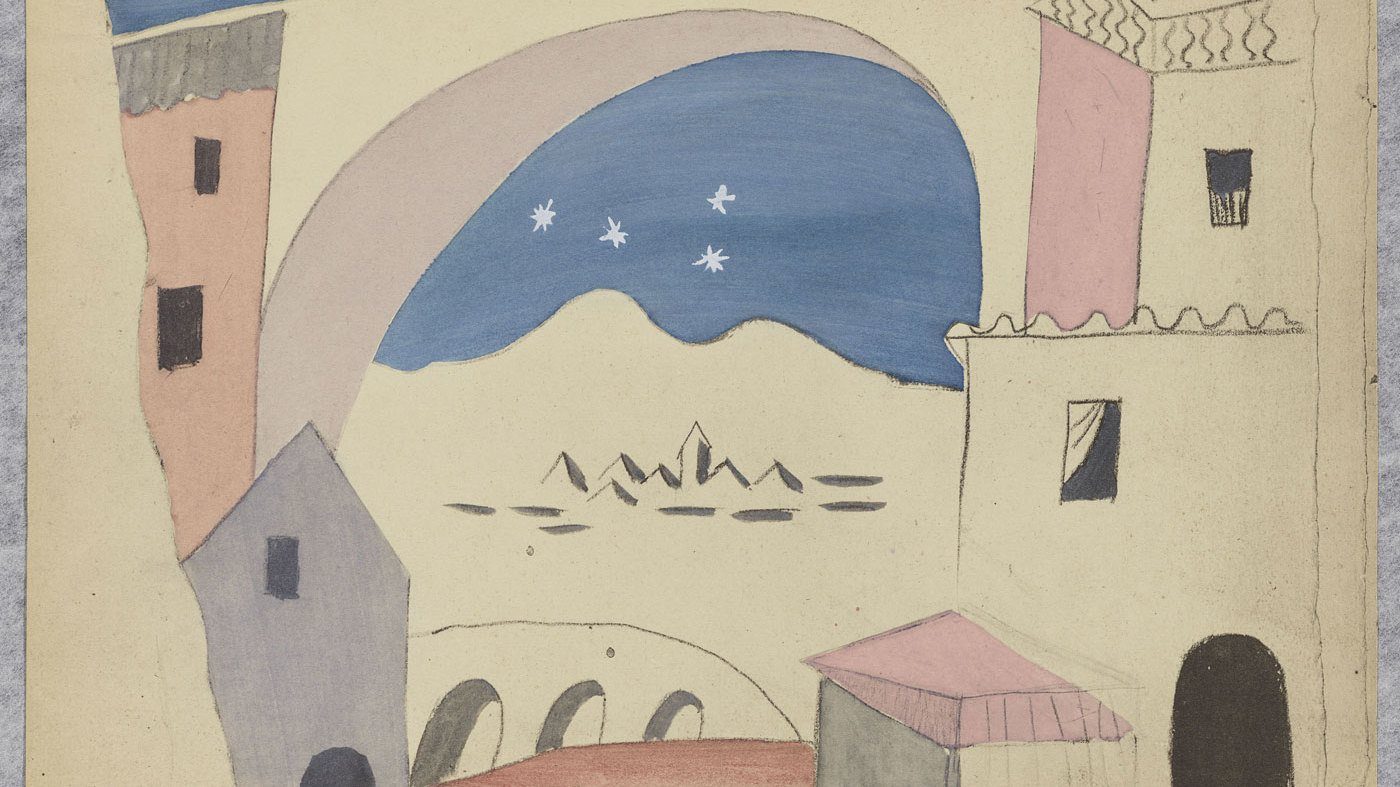Takemitsu’s “Toward the Sea”: Entering the Spiritual Domain
Let the most absent-minded of men be plunged in his deepest reveries – stand that man on his legs, set his feet a-going, and he will infallibly lead you to water…Yes, as everyone knows, meditation and water are wedded forever. -Herman Melville, “Moby-Dick” The ocean took on metaphysical significance not only for Herman Melville but also for the twentieth century Japanese composer, Tōru Takemitsu (1930-1996). Takemitsu, whose music is filled with evocations …







